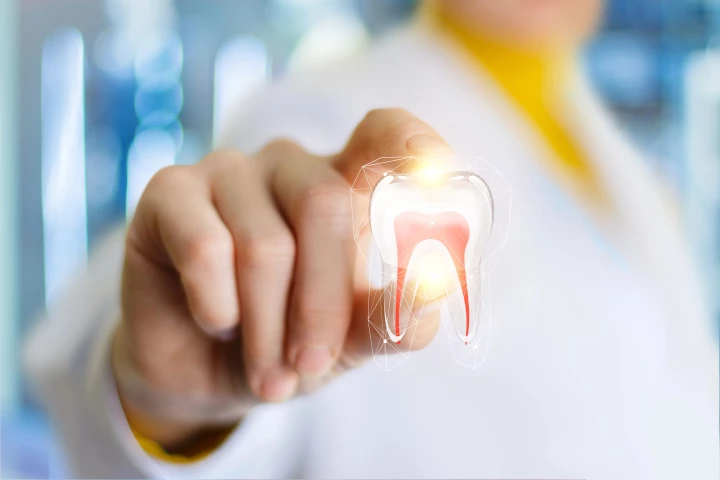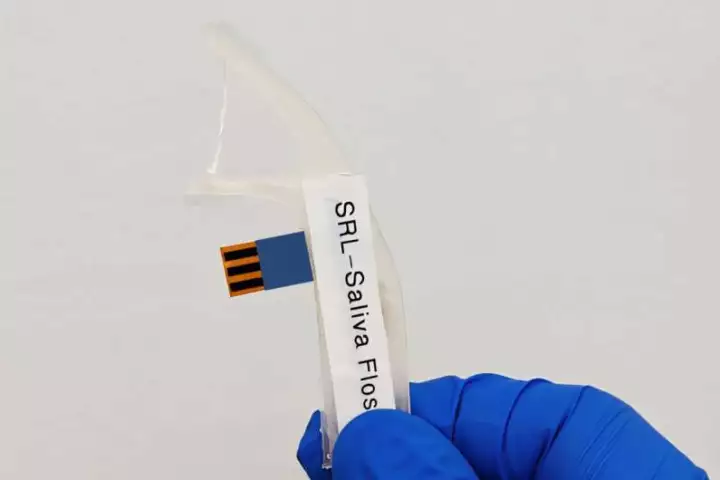Tufts University
-
A chance discovery in a US cheese cave has given scientists a rare glimpse of evolution in real time – and the surprise findings have huge potential for protecting human health, enhancing food security and even delivering new flavors to turophiles.
-
Scientists have developed an innovative new stem cell-infused implant that "grows" into the gum and fuses with existing nerves to function much like a real tooth. It's also gentler on the patient, expanding like memory foam to sit securely in place.
-
You already know when you are feeling highly stressed, but low-grade background stress is harder to detect. A new dental flosser from researchers at Tufts University aims to make it easier by monitoring the chemistry of your saliva.
-
Individuals who suffer head trauma from sports, accidents, or other causes often go on to develop neurodegenerative diseases like Parkinson's or Alzheimer's. A new study sheds light on why that might be and offers a way to prevent it.
-
It’s straight out of a comic book: a shot of liquid silk quickly hardens into a sticky, strong fiber that can lift objects. Sound familiar? Researchers have described their Spider-Man-inspired tech in a new study.
-
This may be about as wildly entertaining, disruptive and philosophically profound as legitimate scientific research gets. Michael Levin's work in cellular intelligence, bioelectrical communication and embodied minds "is going to overturn everything."
-
An ingestible device the size of a vitamin pill takes a full inventory of microorganisms as it passes through the gut, including hard-to-reach places. Providing far more information than a fecal sample, the pill could inform the treatment of a wide range of health conditions.
-
A new drug for severe influenza successfully keeps patients at the perfect level of lung inflammation to protect against lung damage while still allowing the immune system to fight off the infection. It's effective in mice even days after infection.
-
Researchers have used human cells to create tiny biobots that can encourage healing in damaged neurons without requiring genetic modifications. The tiny bots have the potential to transform regenerative medicine and the treatment of disease.
-
A new report suggests that implementing medically tailored meals and produce prescriptions nationally in the US would not only improve health and be highly cost-effective but would also save healthcare costs by addressing diet-related chronic illness.
-
We know a diet rich in fruit and vegetables has broad health benefits. Now, a new study says that prescribing free fruit and veg to adults with type 2 diabetes could prevent 296,000 cardiovascular disease cases and save billions in health-care spending.
-
When it comes to PTSD, much of the clinical research focuses on improving the condition rather than predicting it. However, a new study has uncovered a brain marker that seems to show who is more likely to develop PTSD when exposed to trauma.
Load More











